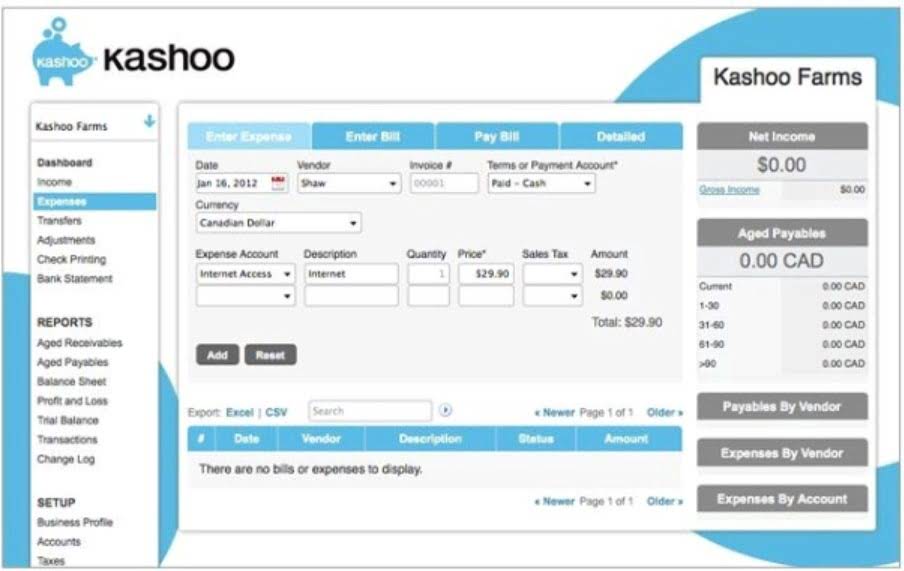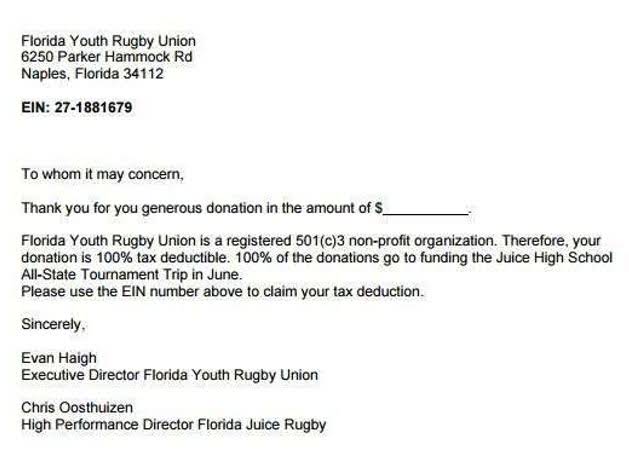Overstocking may seem like a safe way to avoid running out of products, but it can tie up valuable cash and increase storage costs. Excess inventory can also lead to waste, particularly if items have a shelf life or become outdated. To avoid this, use demand forecasting based on historical sales data and current market trends.
Business Financials
If your company sells an asset, there may be a financial gain or loss, which will either increase or reduce your taxes. The responsibility to validate information on tax returns is known as the burden of proof. For example, you may gather records like financial statements, invoices and receipts, payroll records, etc. Use your records to keep track of deductible expenses you can claim when filing your small business tax return.
Documenting Your Income
To separate your business records from personal ones, open a business bank account. To get started, you’ll need information like your Social Security number, Employer Identification Number (EIN), and business license. Create a logical and organised filing system for both digital and physical records. Categorise documents by type, date, and relevance to ensure easy retrieval. Selecting the right inventory software can feel overwhelming, but it’s one of the most important decisions for optimizing your inventory processes.
Why should business owners keep records?
Also, a business owner who is considering selling the business needs to keep copious records. When hiring professional help for record keeping, consider engaging certified accountants, bookkeepers, or record keeping specialists with relevant experience in your industry. Seek recommendations and conduct interviews to ensure their Accounting for Churches expertise aligns with your business needs. Ultimately, the right method for your business will depend on a careful evaluation of your needs, resources, and preferences. It’s important to take the time to research and test different options before making a decision.
Business Records Retention Schedule—What to Keep and What to Throw Out
Depending on your business structure, you might have to create a separate business bank account. Companies that are structured as a limited liability company or corporation, as well as those that operate under a doing business as (DBA) name, must create a separate bank account for business. The IRS has a time frame for some records while the Fair Labor Standards Act (FLSA) sets the duration for others. And, other entities (e.g., insurance company) may vary on recordkeeping length.
They work particularly well for companies with large inventories or multiple sales channels. If you’re running a small retail shop or service business with limited inventory, manual systems might be a good starting point. However, as your operations scale, transitioning to a more automated system is advisable. Order processing is basically the process of placing orders with suppliers, getting a quotation, GRN/Delivery challan, and also the processing of invoices, payments, and receipts. Getting a software solution to help with all these tasks makes it easier for companies to avoid confusion or errors, and plan other aspects accordingly. So go to the website for your state’s Secretary of State and see which business records you need to keep.
The National Association of Information Destruction (NAID) certifies shredding services, and working with a NAID-approved vendor can increase the security of document disposal. Entrepreneurs and industry leaders share their best advice on how to take your company to the next level. We recommend scanning every record and receipt in your business, tagging it with a descriptive name, and archiving it forever. If you’re still not sure about which small receipts to record keeping for small business keep, you can review the IRS guidelines on proving expenses under $75 here. If you’re deducting meals and entertainment, it’s even more complicated.
- And, other entities (e.g., insurance company) may vary on recordkeeping length.
- As your business grows, expanding digital storage is relatively easy.
- Back taxes can be an expensive and challenging issue for many small businesses.
- It’s important to take the time to research and test different options before making a decision.
- Check with your accountant, state, or the IRS if you have questions about recordkeeping time periods.
One of the most important records to keep, especially for small business is that of their financial records. A lot of business owners figure that they will save some money by doing it themselves, as they think hiring a professional to help them is going to be too expensive. Unfortunately, this mentality can cause problems balance sheet later on, as legal record requirements dictate that businesses are required to maintain accurate and timely records. So, take the necessary steps today to implement or improve your record keeping systems. We also highlighted the significance of choosing the right record keeping method for your business, considering factors such as your business needs, complexity, budget, and technological proficiency. We also emphasized the benefits of hiring professional help for record keeping, such as their expertise, time efficiency, accuracy, and access to advanced tools and technology.
In other words, hold onto this documentation until your business gets rid of the asset through direct sale or another method. Invest some time in putting together a plan to keep them safe and available as long as necessary, including having backups whenever prudent. Take extra steps to protect confidential or personally identifiable information.





